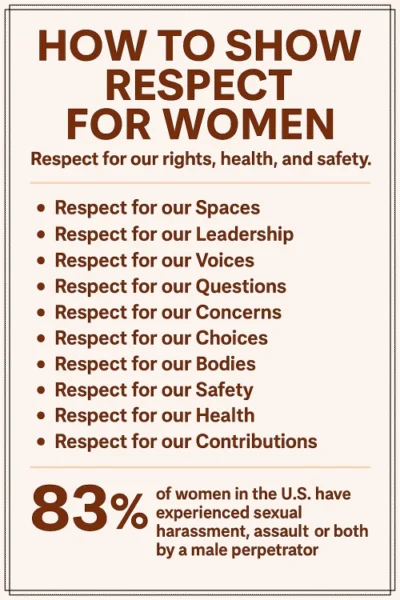Betrayal is not always loud. It does not always come with a clear sign or a dramatic confrontation. Sometimes, it comes wrapped in silence, in denial,
 Betrayal is not always loud. It does not always come with a clear sign or a dramatic confrontation. Sometimes, it comes wrapped in silence, in denial, in the willful act of looking away.
Betrayal is not always loud. It does not always come with a clear sign or a dramatic confrontation. Sometimes, it comes wrapped in silence, in denial, in the willful act of looking away.
This is betrayal blindness—a survival mechanism that allows individuals, communities, and even entire societies to ignore harm when acknowledging it feels too dangerous, too costly, or too disruptive to the status quo.
What is Betrayal Blindness?
Betrayal blindness is the subconscious refusal to recognize betrayal, even when it is right in front of us. It happens in personal relationships, within families, in workplaces, in religious institutions, and on a societal level. It is how people continue to defend abusers, justify harm, and remain loyal to systems that exploit them.
This blindness is not accidental—it is strategic. It is the mind’s way of protecting itself from the painful reality that someone trusted has caused harm.
- A child ignores the abuse of a parent because they rely on them for survival.
- A partner overlooks infidelity or mistreatment to preserve the relationship.
- A community denies violence within its ranks to protect its reputation.
- A society pretends oppression is not happening to maintain its illusions of fairness and equality.
The Consequences of Betrayal Blindness
Ignoring harm does not make it disappear. Instead, it deepens the wounds, prolongs the suffering, and enables further abuse.
- For individuals, it leads to confusion, self-blame, and emotional numbness.
- For communities, it creates cultures of silence where victims are punished for speaking out.
- For society, it normalizes injustice, ensuring that those with power can continue their harm unchecked.
Betrayal blindness keeps the cycle of abuse in motion. It allows abusers to thrive while Survivors are left doubting their own experiences. It forces people into silence because acknowledging the truth feels like too great a risk.
Breaking Free: Seeing What We Were Taught to Ignore
The first step in healing from betrayal is seeing—fully, completely, and without excuse. It means daring to acknowledge the harm, even when it shakes our foundation.
- We name what happened, even when others want us silent.
- We believe those who have been harmed, even when it disrupts our comfort.
- We hold those who betray accountable, even when they are powerful.
- We refuse to participate in the silence that allows harm to continue.
Breaking through betrayal blindness is an act of courage. It is choosing to see, to acknowledge, to act. Because betrayal thrives in the dark—but truth, once spoken, has the power to bring light.
Are you ready to see?
Male Predators Are Male: Why Language Matters for Survivor Justice
10 Ways Women Are Coerced in Daily Life—And Why It’s a Problem
Predators Are Not Always Charismatic—Don’t Be Fooled by the Stereotype
When the Truth Ain’t Enough, They Spread Lies: How Rumors Were Used to Silence Civil Rights Women
Politicians Must Stop Dismissing Us: Women’s Safety is Non-Negotiable